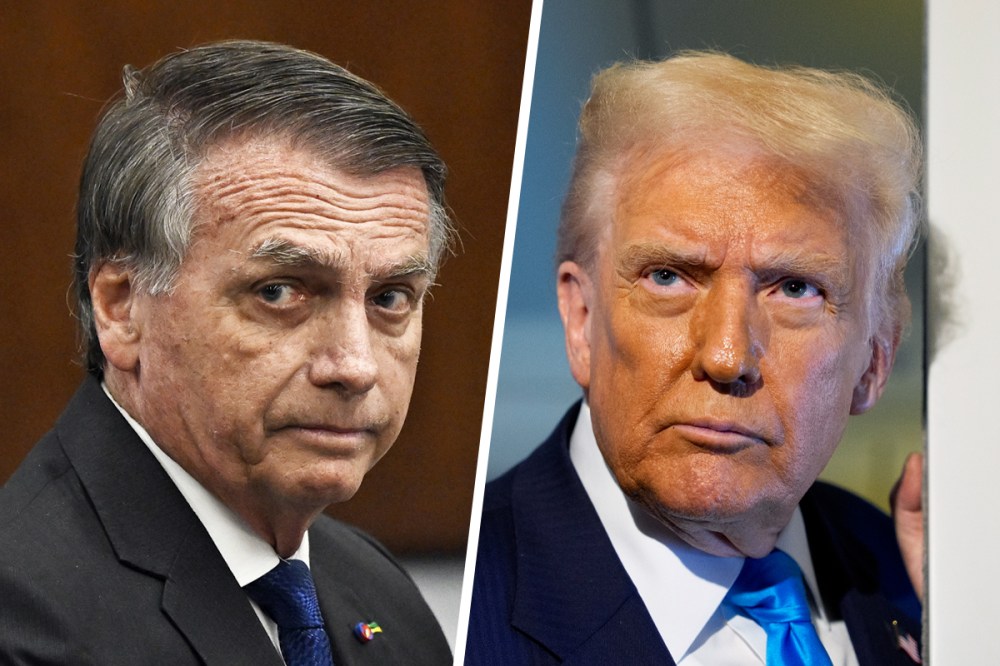By all appearances, Jair Bolsonaro hoped to avoid going to prison. The former Brazilian president, who was convicted of plotting what was effectively a coup, was caught taking a soldering iron to his ankle monitor just days before his 27-year prison sentence was scheduled to begin.
But those efforts ultimately failed, and the fate awaiting the authoritarian leader known as the “Trump of the Tropics” proved unavoidable. The Associated Press reported:
Former Brazilian President Jair Bolsonaro on Tuesday started his 27-year prison sentence for leading a coup attempt, to the surprise of many in the South American nation who doubted he would ever end up behind bars. Supreme Court Justice Alexandre de Moraes, who has overseen the case, ruled Bolsonaro will remain in custody after being preemptively arrested on Saturday.
The developments coincide with news out of France, where the nation’s highest court on Wednesday upheld a conviction against former President Nicolas Sarkozy, further proving that accountability against former heads of state is possible.
From an American perspective, there is a variety of relevant political angles to Bolsonaro ending up behind prison bars. For example, Donald Trump tried to use U.S. trade policy to intervene on behalf of his like-minded ally, which was ridiculous for all sorts of reasons.
There are also some lingering questions about whether the Republican planned to welcome Bolsonaro to U.S. soil “in the very near future,” despite the Brazilian’s criminal conviction.
But there’s another dimension to this that’s especially relevant in the U.S.
Bolsonaro committed a specific kind of crime: He lost his reelection bid in Brazil a few years ago, at which point he plotted against his government and orchestrated Jan. 6-style violence as part of a bid to hold onto office despite the will of the voters.
He was charged and found guilty, becoming the first former president in the country’s history to be convicted for attacking democracy.
Bolsonaro also joined a large, ignominious club. As regular readers might recall, all kinds of democracies have held criminal suspects accountable — even if they’re politically powerful, and even if they served in government at the highest levels.
Italy prosecuted a former prime minister. France prosecuted a former president and a former prime minister. South Africa prosecuted a former president. South Korea prosecuted a former president and is in the process of prosecuting another. Israel has prosecuted more than one former prime minister. Germany prosecuted a former president. Portugal prosecuted a former prime minister. Croatia prosecuted a former prime minister. Argentina prosecuted a former president. Austria prosecuted a former chancellor. Pakistan prosecuted a former prime minister.














